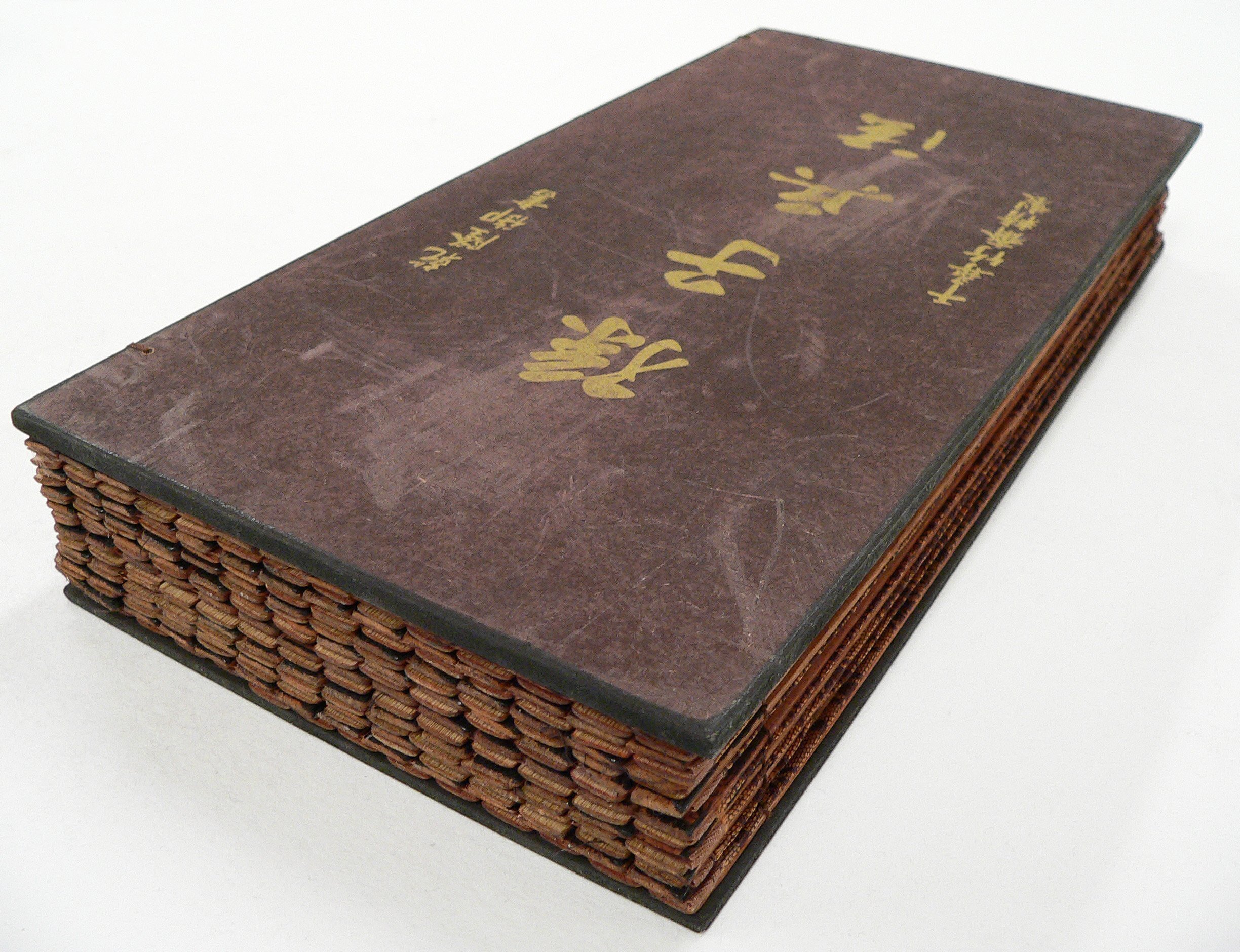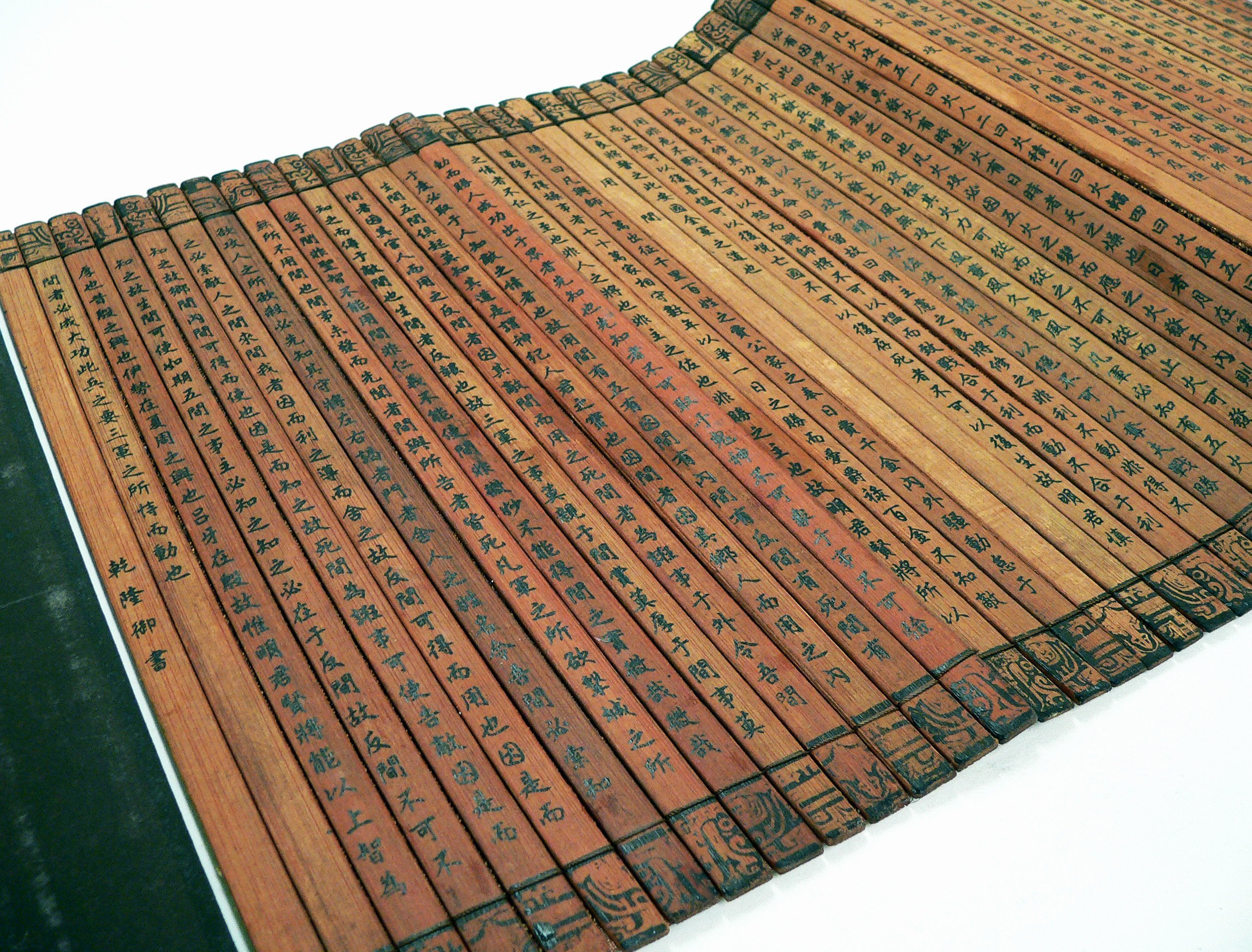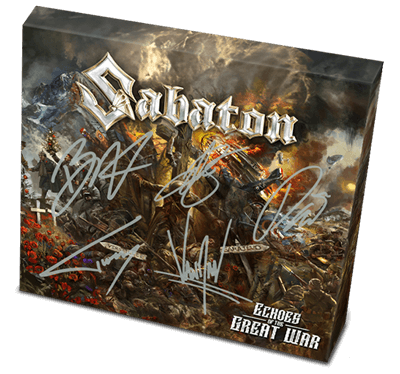Art of War
Sun Tzu says: “The Art of War is of vital importance to the state. It is a matter of life and death, a road either to safety or to ruin. Hence it is a subject of inquiry which can, on no account, be neglected. The general that hearkens to my counsel and acts upon it, will conquer – let such a one be retained in command! The general that hearkens not to my counsel nor acts upon it, will suffer defeat – let such a one be dismissed!”
Only a few written works have survived for so long and still remain as relevant as the Chinese book, ‘Art of War’. It is one of the most influential military treatises ever, devoted to strategy and tactics. Not much is known about its presumed author, Sun Tzu, also known as Sun Wu, Sunzi, or simply Master Sun, but he did actually exist. Historians date the birth of the original Art of War to the Chinese Kingdom of Wu, during the reign of Ho Lu between 515 BC and 496 BC. Sun Tzu, a native of the Kingdom, rose to prominence as a military advisor. The legend goes that one day, King Ho Lu wanted Sun Tzu to prove the value of his teachings by demonstrating them on a group of his concubines. Without hesitation, Sun Tzu addressed the women like soldiers, and after a short training session had the women march up and down the parade ground in perfect order. Impressed, the King made him commander of his armies.

Under the guidance of Sun Tzu’s leadership, the armies of Wu invaded their neighbours and won their greatest victories. Another legend tells that Sun Tzu once defeated an army of 200,000 with just 30,000 men, but despite this success, the Kingdom of Wu would perish soon after its short rise to power, vanquished by another treacherous neighbour. We can’t say what happened to Sun Tzu afterwards, but we know of Sun Pin, a supposed descendant of Sun Tzu, who, 100 years later, totally defeated a rival army by following his ancestor’s teachings. Sun Pin said that Sun Tzu was known to continue discussing military theory even after they cut off his feet. Whether this was meant to be taken literally or just metaphorically is not known.
Surviving the ages of war
Sun Tzu’s treatise, later known as the Art of War, survived the destruction of Wu, and the subsequent ages of strife and war. Over the coming centuries it would fascinate generals and philosophers alike. Many military commanders during the Chin and Han dynasties referenced Sun Tzu’s works or incorporated his teachings into their own writings. However, they were also extensively copied, transcribed and sometimes even freely edited. Several editions existed at the same time, often attributed to different generals. That, of course, rings the alarm bells of every historian, especially with the widespread habit of forgery during certain time periods in China. But we also know that such handling of the original texts was often quickly recognised and severely punished. Many governments outright forbade the use of anything but the original edition.
In accordance with the ancient Chinese understanding of warfare, war should be used as a weapon in itself, to punish the cruelty and violence of others. War was to bring peace to troublesome times; to overcome difficulties and eradicate danger. This explains that while even alongside the fundamental pacific teachings of Confucianism, Sun Tzu’s Art of War always had a solid place in Chinese culture. Peace and war are bound together, one unable to exist without knowledge of the other. Even in peacetime, it was seen as important to learn about the Art of War.
Sun Tzu says: “In the practical art of war, the best thing of all is to take the enemy’s country whole and intact; to shatter and destroy it, is not so good. So, too, it is better to recapture an army entire than to destroy it, to capture a regiment, a detachment or a company entire than to destroy them. Hence to fight and conquer in all your battles is not supreme excellence; supreme excellence consists in breaking the enemy’s resistance without fighting.”
This passage might be the most essential principle of Sun Tzu’s work but is also the most challenging to our understanding of warfare today. How can one be victorious during war, which in Sun Tzu’s time was waged with axes, spears and chariots, without actually fighting? For Sun Tzu, supreme Generalship lies in winning battles before they were fought. The General who spoils his enemy’s plans before they are set in motion; who keeps the enemy from gathering enough strength to act in first place; who captures cities without laying siege, will be triumphant. Sun Tzu knew first-hand the many horrors war would inflict, and emphasised that ending wars as quickly as possible would only prevent further suffering of the people. A war of attrition, like the First World War, or the excessive bombing campaigns of the Second, would be quite the opposite of what he saw as supreme excellence. To achieve victory in war, the first principle any General has to follow is to only offer battle when he is sure of victory.
Sun Tzu says: “The good fighters of old first put themselves beyond the possibility of defeat, and then waited for an opportunity of defeating the enemy. To secure ourselves against defeat lies in our own hands, but the opportunity of defeating the enemy is provided by the enemy himself.”
Every commander has to be guided by the actions of his enemies. He can safeguard himself from defeat by having a strong defence, but victory can only be achieved by countering the actions of the other side. Therefore, it is of vital importance for the supreme general to know what he can expect of his own troops, as well as what the enemy is capable of doing. Like a botanist who looks at a growing flower and clearly envisions it blossoming one day, the General has to see the battle unfold in his mind before it begins. If he knows everything there is to know about himself and the enemy, he cannot fail.
Sun Tzu said: “Whoever is first in the field and awaits the coming of the enemy, will be fresh for the fight; whoever is second in the field and has to hasten to battle will arrive exhausted. Therefore, the clever combatant imposes his will on the enemy, but does not allow the enemy’s will to be imposed on him.”
Strike like thunder

The next step is to seize the moment, and to strike like thunder before the enemy has a chance to shield his ears. By making haste, he forces his enemies to hurry in an attempt to counter his plans, before they are ready. That makes them vulnerable to error. Then, like the firing of a crossbow, the General will be terrible and prompt in exploiting those mistakes.
Sun Tsu says: “All warfare is based on deception. Hence, when able to attack, we must seem unable; when using our forces, we must seem inactive; when we are near, we must make the enemy believe we are far away; when far away, we must make him believe we are near. Hold out baits to entice the enemy. Feign disorder and crush him. If he is secure at all points, be prepared for him. If he is in superior strength, evade him. If your opponent is of choleric temper, seek to irritate him. Pretend to be weak, that he may grow arrogant. If he is taking his ease, give him no rest. Attack him where he is unprepared, appear where you are not expected.”
A wise General can make defeat impossible by his own preparedness, but victory relies on reacting to the enemy’s moves. The wise general feigns weakness when he is actually strong; appears afraid when he is secretly confident. Then, when the enemy is lured into his trap, he falls upon him like the swoop of a falcon and delivers the fatal coup de grâce.
According to Sun Tzu, a successful commander is the bulwark of his nation. If he is strong, courageous, and morally pure, so too will be the state he serves. Sun Tzu presses home the point that all men are basically motivated by two things – living long and growing rich. And like any other man, a soldier does not part from such things easily, if he has the choice. Therefore, a General has to keep a good eye on the wellbeing of his own men, not just those of the enemy. He shall not overwork them but conserve their strength for when it counts the most. A virtuous General keeps them provided with plenty of food and drink, but refrains from keeping them idle for too long, because idleness breeds trouble. Once the men understand what they can expect for following the General in terms of rewards and punishment, they will willingly listen and obey without questioning his decisions. We can observe his teachings reappearing in the actions of many generals all throughout history. Charles XII and Napoleon were victorious when they acted according to his principles, and they were defeated when they did not.
13 chapters of wisdom
The Art of War as we know it today, consists of 13 chapters. Each highlights a different aspect of warfare, but only rarely resorts to concrete, time-specific references. Instead, its teachings are supposed to be based on practicality. Sun Tzu, fully aware that his writings were to be studied by military men and not scholars, refrained from bookish theory or abstract metaphors. Yet despite their clarity, there is a certain underlying wisdom behind what is written. Even today, 2,500 years after its emergence, the Art of War holds an abundance of useful wisdom. If you replace the word ‘General’ with ‘Boss’ or ‘Manager’, you can still use and interpret many of his teachings in everyday life, far from the bloodshed of the battlefield. After all, ancient Chinese societies, like those in the era of Wu, did not have professional military commanders as we know them today. Usually, those tasked to lead armies also served the Kingdom as civilian statesman. And in everyday life it helps to be prepared, to be quick witted and to be well aware of the strengths and weaknesses of the competition. Business can be as cutthroat and treacherous as any battlefield of old.
Sun Tzu’s war wisdom heavily inspired our song ‘ The Art of War ‘, which is featured on our album with the same name. Take a look at the lyrics we wrote here.
If you’re interested in a more visual interpretation of the above story, watch our Sabaton History episode, The Art of War – Wisdom of Sun Tzu:





















